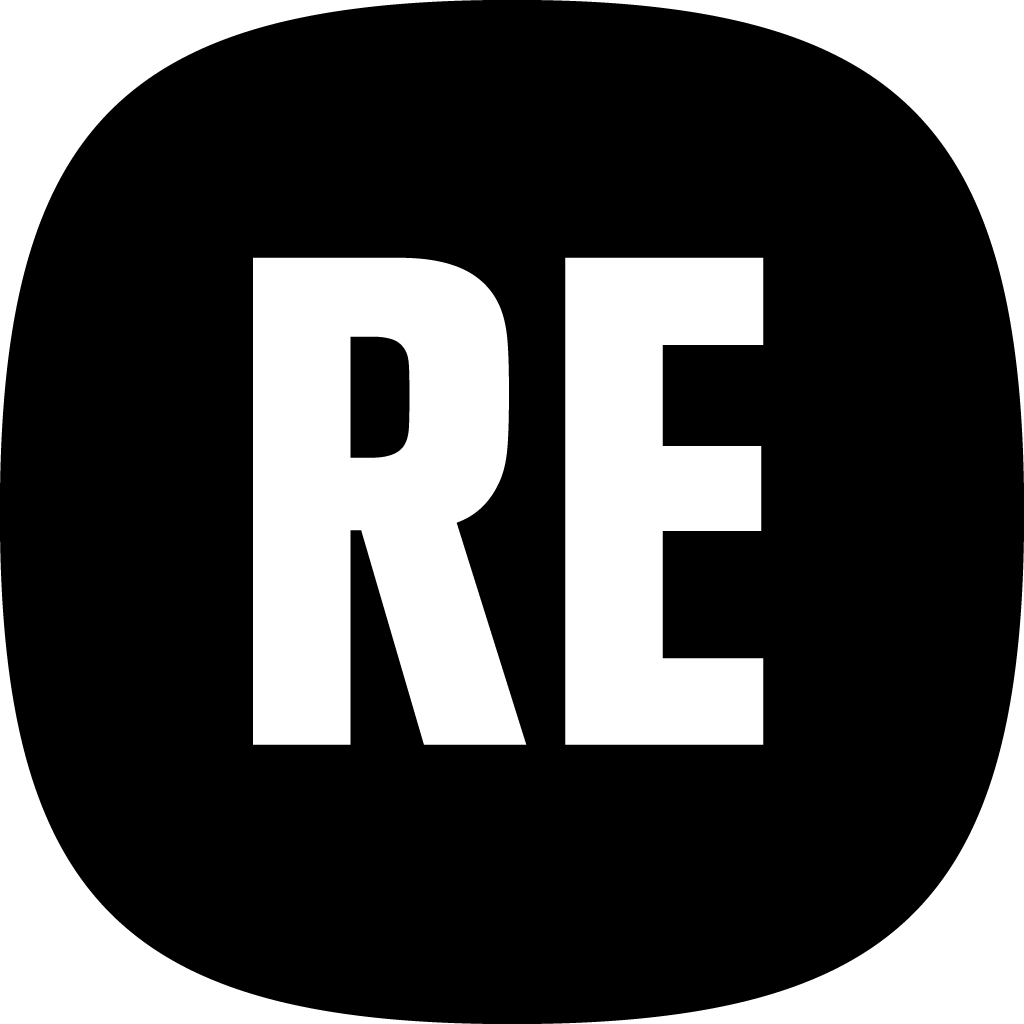Help
A participatory process is a sequence of participatory activities (e.g. first filling out a survey, then making proposals, discussing them in face-to-face or virtual meetings, and finally prioritizing them) with the aim of defining and making a decision on a specific topic.
Examples of participatory processes are: a process of electing committee members (where candidatures are first presented, then debated and finally a candidacy is chosen), participatory budgets (where proposals are made, valued economically and voted on with the money available), a strategic planning process, the collaborative drafting of a regulation or norm, the design of an urban space or the production of a public policy plan.
Recharge Playbook
Participatory Business Models for Cultural Heritage
About
What is the RECHARGE Playbook?
The RECHARGE playbook is a practical guide to ensure that participation in culture is integral to your organisation's financial sustainability. It presents 3 Participatory Business Models for Cultural Heritage that can extend your existing operations or help you introduce new services/products. In the playbook, you will find ready-to-use processes and examples of how to implement these business models using a Living Labs methodology.
This playbook is for anyone working with cultural heritage who wishes to explore how to better financially support long-term participation. No previous experience working with business models is needed!

Share